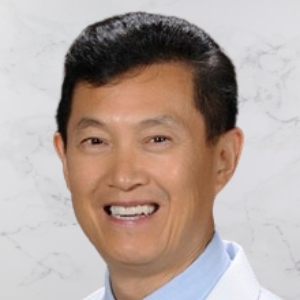Title : Efficacy and safety studies of EC16 nanoformulations against human coronavirus
Abstract:
Background: Severe Acute Respiratory Syndrome (SARS) coronavirus 2 (SARS-CoV-2) is responsible for the 2019 coronavirus epidemic (COVID-19). SARS-CoV-2 infection is associated with high mortality and morbidity worldwide. A common sequela is chronic neurologic diseases, which severely impact the quality of life and increase the burden on healthcare systems. The Post-COVID, or Long COVID neurologic symptoms are due to the robust replication of SARS-CoV-2 in the nasal neuroepithelial cells, leading to neuroinvasion and inflammation of the central nerve system (CNS). Currently used medications and vaccines are not targeting the neuroinvasion of SARS-CoV-2, and these methods do not inhibit the robust SARS-CoV-2 replication in the nasal epithelial cells. Therefore, a significant gap in treatment/preventive strategies that needs to be filled is to rapidly inhibit SARS-CoV-2 replication in the nasal cavity to block viral invasion to CNS, in order to minimize neurologic damages. We recently invented a method to facilitate self-assembling of EGCG-palmitate (EC16) nanoparticles. This technology allows us to utilize the antiviral, anti-inflammatory, antioxidant and neuroprotective properties of EC16 as a nasal drug to be formulated in aqueous nanoformulations to treat Long COVID symptoms.
Method: Formulations suitable for intranasal applications were developed and tested in vitro against human α coronavirus 229E (CoV-229E) and β coronavirus OC43 (CoV-OC43) using TCID50 assay. Formulations met the FDA standard with the highest antiviral activity were selected for further improvement in stability and homogeneity. The final formulation (F18D) suitable for animal and human tests was selected and tested in comparison to vehicles in cell culture infection systems following two test protocols (with or without direct contact with the virus). The cytotoxicity was performed in MRC-5 cells and primary human nasal epithelial cells. In addition, nasal nanoformulations were evaluated on the tissue integrity, cytotoxicity, and cilia beat frequency in a 3-D human nasal epithelia model.
Results: The initial results demonstrate that EC16 formulations in normal saline, phosphate buffered saline, and cell culture medium effectively inhibited human coronavirus infection (>99%) after a single application, with or without direct contact with the virus. The final formulation F18D was able to inhibit viral infectivity by >99.9999%. Viral replication was reduced by 99% after a single 10-min application in a post-infection assay in human primary nasal epithelial cells. Cytotoxicity and 3-D human nasal epithelia model study demonstrate the nanoformulations are suitable for human use. To the best of our knowledge, this result represents the first approach using EC16-containing nasal nanoformulations to rapidly inhibit human coronavirus without toxicity. Future studies are planned to determine product suitability for clinical trials toward new drug application.
Conclusion: With its antiviral, antioxidant, anti-inflammatory, and neuroprotective properties, EC16 in nasal nanoformulations could be further developed for clinical applications to patients for minimizing Long COVID neurologic symptoms such as anosmia.



